Toenail health goes beyond aesthetics; it’s a key indicator of overall well-being. In this comprehensive guide, we delve into the role of dermatophytes in toenail issues, exploring effective treatments and insights provided by the experts at Bucksfoot Clinic.
Understanding Dermatophytes
Dermatophytes are a group of fungi that have a knack for infiltrating toenails, wreaking havoc on their health and aesthetics. These microscopic organisms, including species like Trichophyton and Microsporum, thrive in warm and moist environments, making our toenails an ideal target. To comprehend the implications of dermatophyte infections, it’s essential to delve into their characteristics, impact, and effective management strategies.
Characteristics of Dermatophytes:
- Microscopic Intruders: Dermatophytes are not visible to the naked eye, making their presence often unnoticed until toenail symptoms arise.
- Prevalent Culprits: Common species causing toenail infections include Trichophyton rubrum, Trichophyton mentagrophytes, and Epidermophyton floccosum.
Impact on Toenail Health:
- Discoloration and Thickening: Dermatophyte infections are notorious for causing visible changes in toenails, leading to discoloration and thickening.
- Pain and Discomfort: As the infection progresses, individuals may experience pain and discomfort, especially if the dermatophytes invade the nail bed.
Effective Management Strategies:
- Topical Antifungal Medications: Over-the-counter and prescription antifungal creams, ointments, or nail lacquers are commonly used to combat dermatophyte infections.
- Oral Antifungal Medications: In severe cases, oral medications may be prescribed to address the infection systemically.
- Proactive Foot Care: Regular maintenance of good foot hygiene, including keeping feet clean and dry, wearing breathable shoes, and avoiding walking barefoot in communal areas, can help prevent dermatophyte infections.
The Impact on Toenail Health
Discoloration and Changes in Appearance:
Dermatophyte infections often manifest as changes in toenail appearance. Understanding the visual cues is crucial in recognizing potential issues. Common indicators include:
- Yellow or brown discoloration
- Thickening of the nail
- Distorted or misshapen nails
Fungal Nail Infections (Onychomycosis):
Dermatophytes are a leading cause of fungal nail infections, medically known as onychomycosis. This condition can compromise the structural integrity of the nail and lead to discomfort. Key points include:
- Increased risk in warm and moist environments
- Potential for the infection to spread to neighbouring nails
Pain and Discomfort:
Advanced dermatophyte infections can result in pain and discomfort. As the fungi penetrate the nail bed, individuals may experience:
- Sensitivity to pressure
- Discomfort while wearing shoes
- Painful ingrown toenails
Psychological Impact:
Toenail issues extend beyond physical symptoms, impacting individuals psychologically. The visible changes in toenail appearance can affect self-esteem and confidence. This psychological toll underscores the importance of timely and effective treatment.
Increased Susceptibility to Secondary Infections:
Dermatophyte-infected toenails are more vulnerable to secondary bacterial infections. The compromised integrity of the nail creates an entry point for bacteria, amplifying the overall health risk.
Challenges in Daily Activities:
Individuals with dermatophyte-infected toenails may face challenges in their daily activities. The pain and discomfort can limit mobility and hinder regular exercise, potentially affecting one’s overall quality of life.
Social Implications:
Visible toenail issues can have social implications, causing individuals to feel self-conscious about exposing their feet. This can impact social interactions, particularly in situations where bare feet are common, such as swimming pools or communal changing areas.
Compromised Foot Health:
Left untreated, dermatophyte-infected toenails can compromise overall foot health. The interconnectedness of the foot’s anatomy means that neglecting toenail issues can lead to broader foot health concerns.
Key Considerations for At-Home Treatments:
- Consistency is Key: Whether using salicylic acid, cryotherapy kits, or home remedies, consistency in application is crucial.
- Patience: Results may take time, and individuals should not be discouraged if immediate changes are not observed.
- Seek Professional Guidance: If at-home treatments prove ineffective or if there are concerns, consulting a professional podiatrist in London for verruca removal is advisable.
Effective Ingrown Toenail Treatments
Home Remedies:
- Warm Soaks: Soaking the affected foot in warm water can help soften the skin and reduce inflammation, making it easier to gently lift the ingrown edge of the nail.
- Cotton Wedge: Placing a small piece of cotton under the ingrown edge can encourage proper nail growth and alleviate pressure.
- Appropriate Footwear: Wearing comfortable and roomy shoes can prevent further irritation and promote better toe health.
Over-the-Counter Treatments:
- Topical Antibiotics: Applying over-the-counter antibiotic ointments can help prevent infection and aid in the healing process.
- Pain Relievers: Non-prescription pain relievers, such as acetaminophen or ibuprofen, can be used to manage pain and inflammation.
Professional Interventions:
- Podiatric Care: Podiatrists specialise in foot care and can provide professional assistance for persistent or severe ingrown toenails. They may perform procedures like nail avulsion to remove part or all of the affected nail.
- Chemical Matrixectomy: In cases of chronic ingrown toenails, a chemical matrixectomy may be recommended. This involves applying a chemical to the nail matrix to prevent the ingrown portion from regrowing.
Surgical Options:
- Partial Nail Avulsion: A common surgical procedure where part of the ingrown nail is removed, providing relief and preventing future occurrences.
- Total Nail Avulsion: In severe cases or recurrent issues, complete removal of the toenail may be recommended.
Preventive Measures:
- Proper Toenail Cutting: Trim toenails straight across and avoid rounding the edges to reduce the risk of ingrown toenails.
- Foot Hygiene: Keep feet clean and dry, and consider using antifungal powders to prevent infection.
Conclusion
n conclusion, Dermatophytes pose hidden dangers to toenail health, but with awareness and effective treatments, individuals can maintain optimal foot health. Bucksfoot Clinic’s expertise ensures that toenail issues are addressed comprehensively for long-lasting results.
Incorporate these insights into your foot care routine and stay one step ahead in ensuring the health and well-being of your toenails. Visit our website to learn more.
FAQ
What are dermatophytes, and how do they affect toenail health?
Dermatophytes are fungi causing discoloration, thickening, and pain in toenails. Understanding their impact is crucial for effective care.
Can dermatophyte infections be prevented?
Yes, good foot hygiene, breathable shoes, and avoiding communal barefoot walking reduce the risk of infections.
What are the signs of a fungal nail infection (onychomycosis)?
Signs include discoloration, thickening, and distortion. Prompt recognition and treatment are essential.
How can dermatophyte-related pain be alleviated?
Pain relief may involve topical or oral antifungal medications. Seeking professional advice ensures effective management.
Is onychomycosis a common condition?
Yes, prevalent in warm environments, it can affect people of all ages.
Can dermatophyte infections impact mental health?
Yes, visible changes may affect self-esteem and confidence.
Are dermatophyte-infected toenails prone to secondary infections?
Yes, compromised nails are more susceptible to bacterial infections.
How can I maintain optimal toenail health?
Adopt a proactive foot care routine and seek professional guidance for prompt issue resolution.


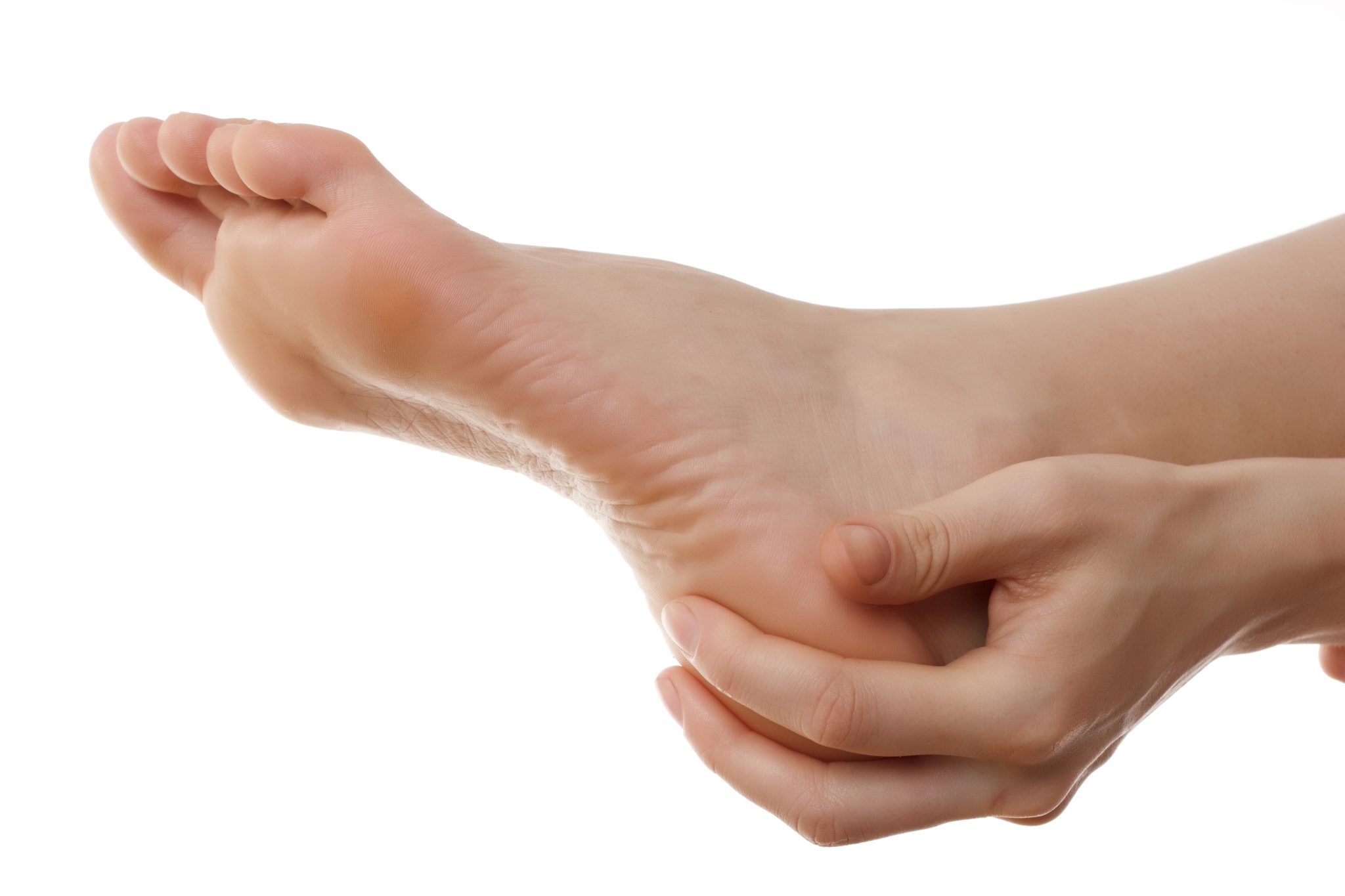
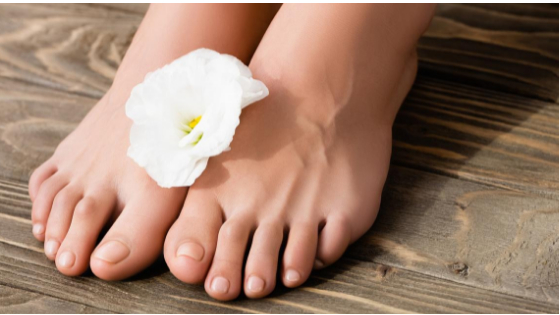
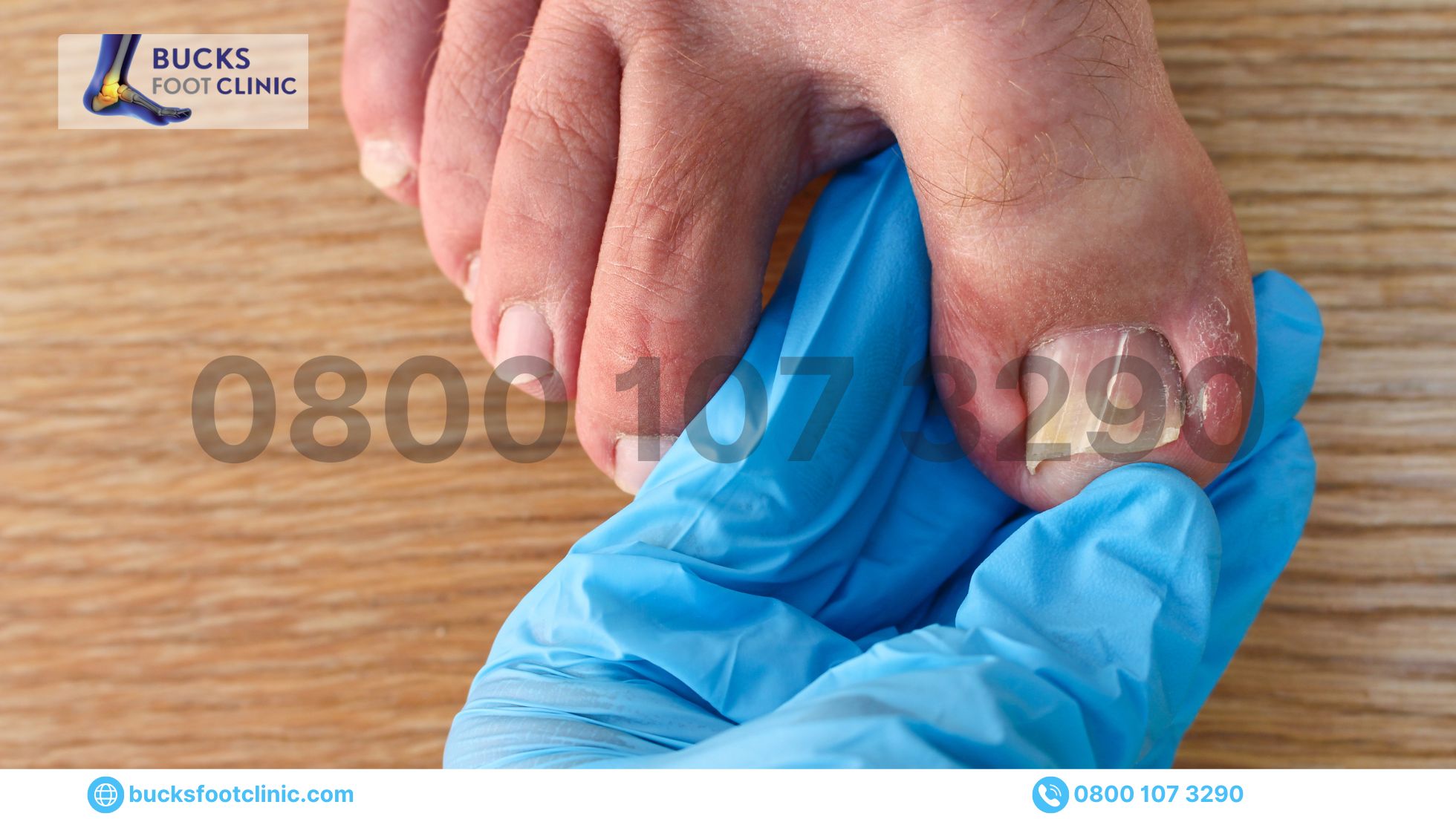
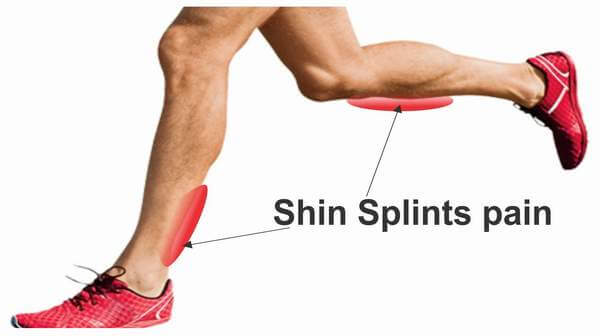
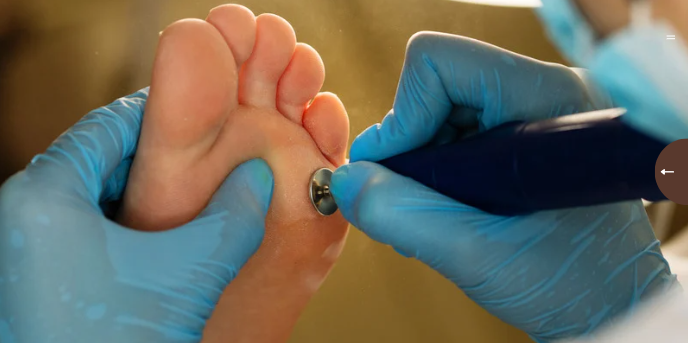
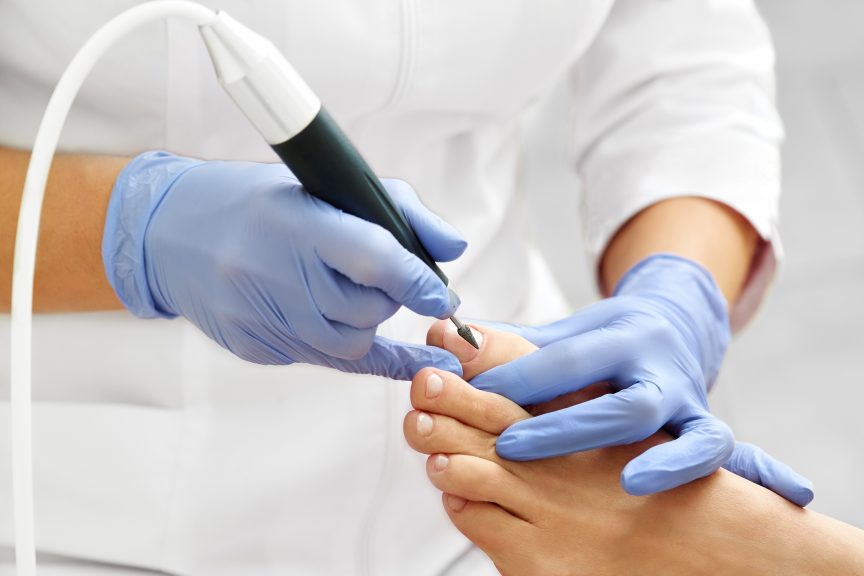
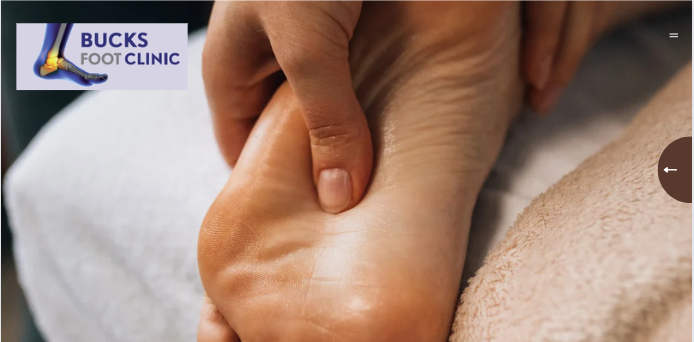
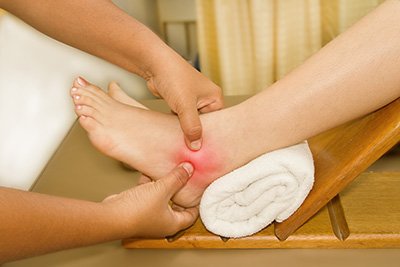
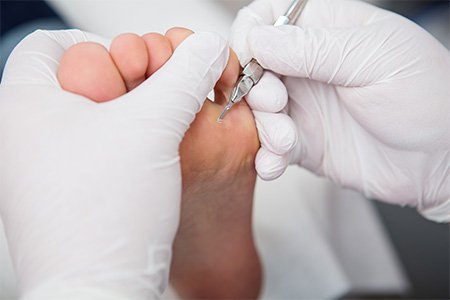

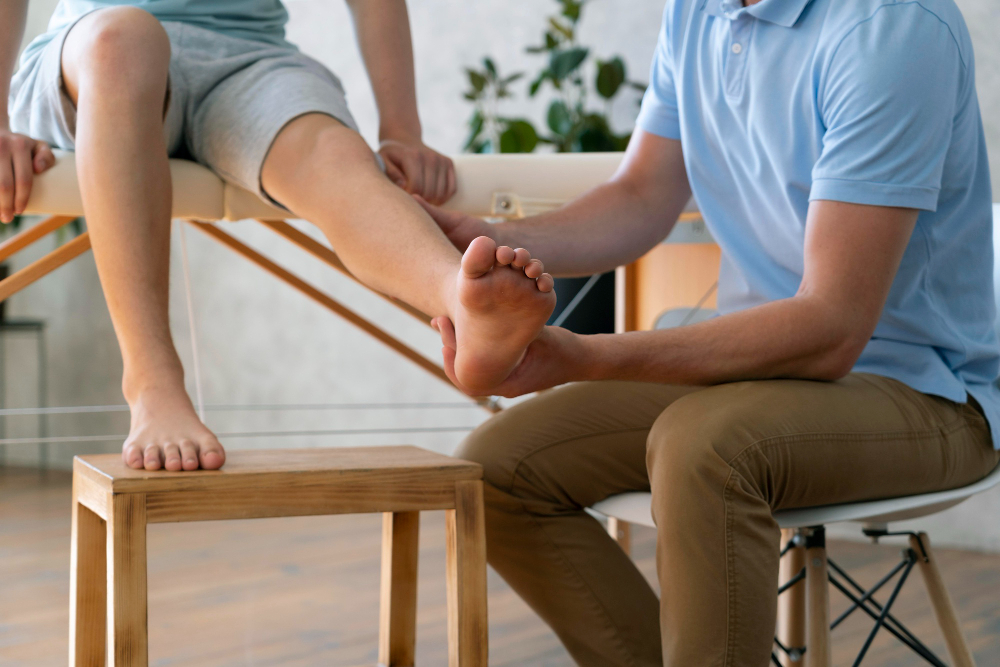
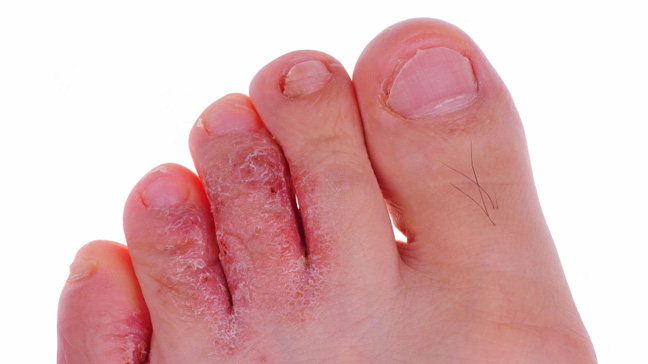
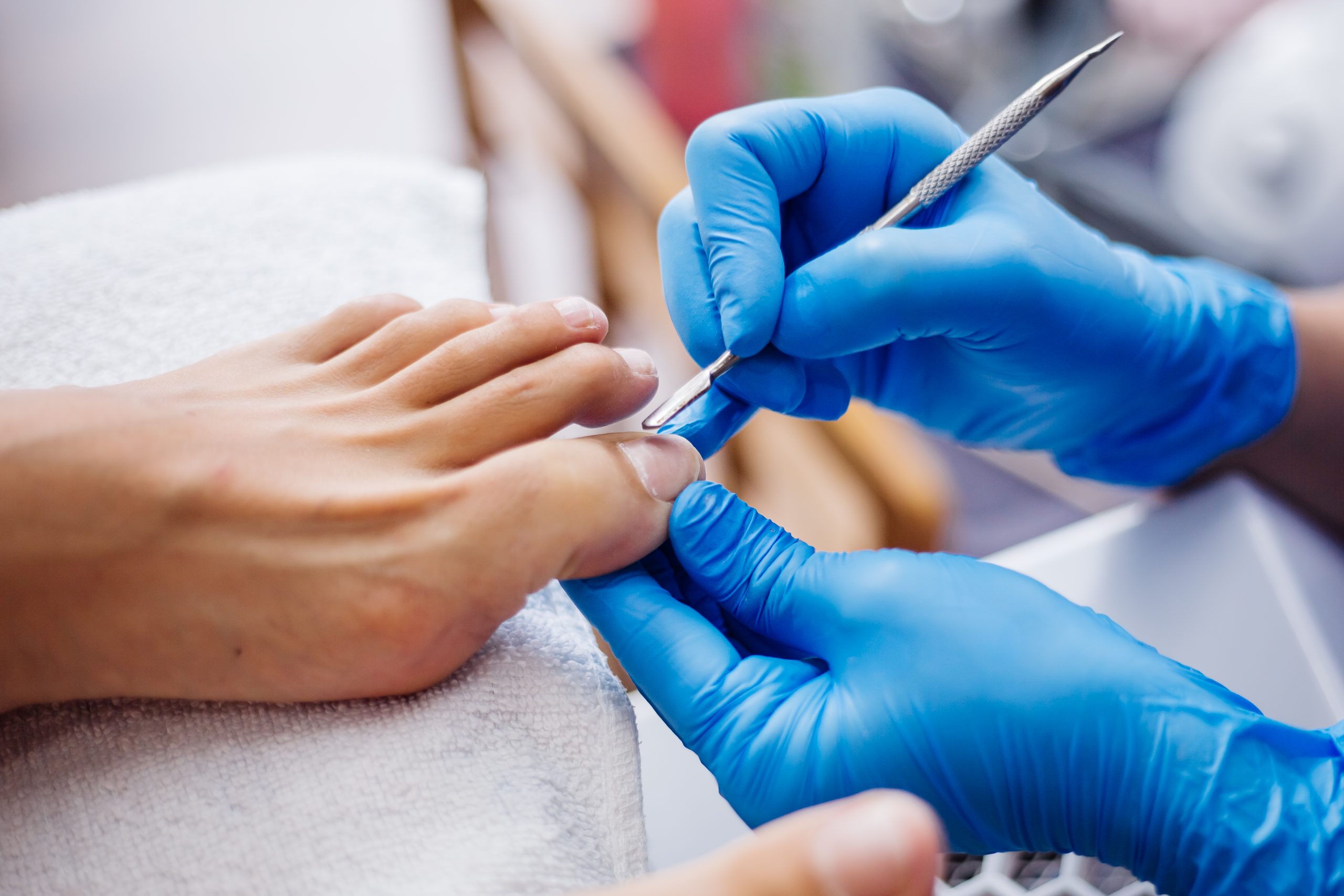
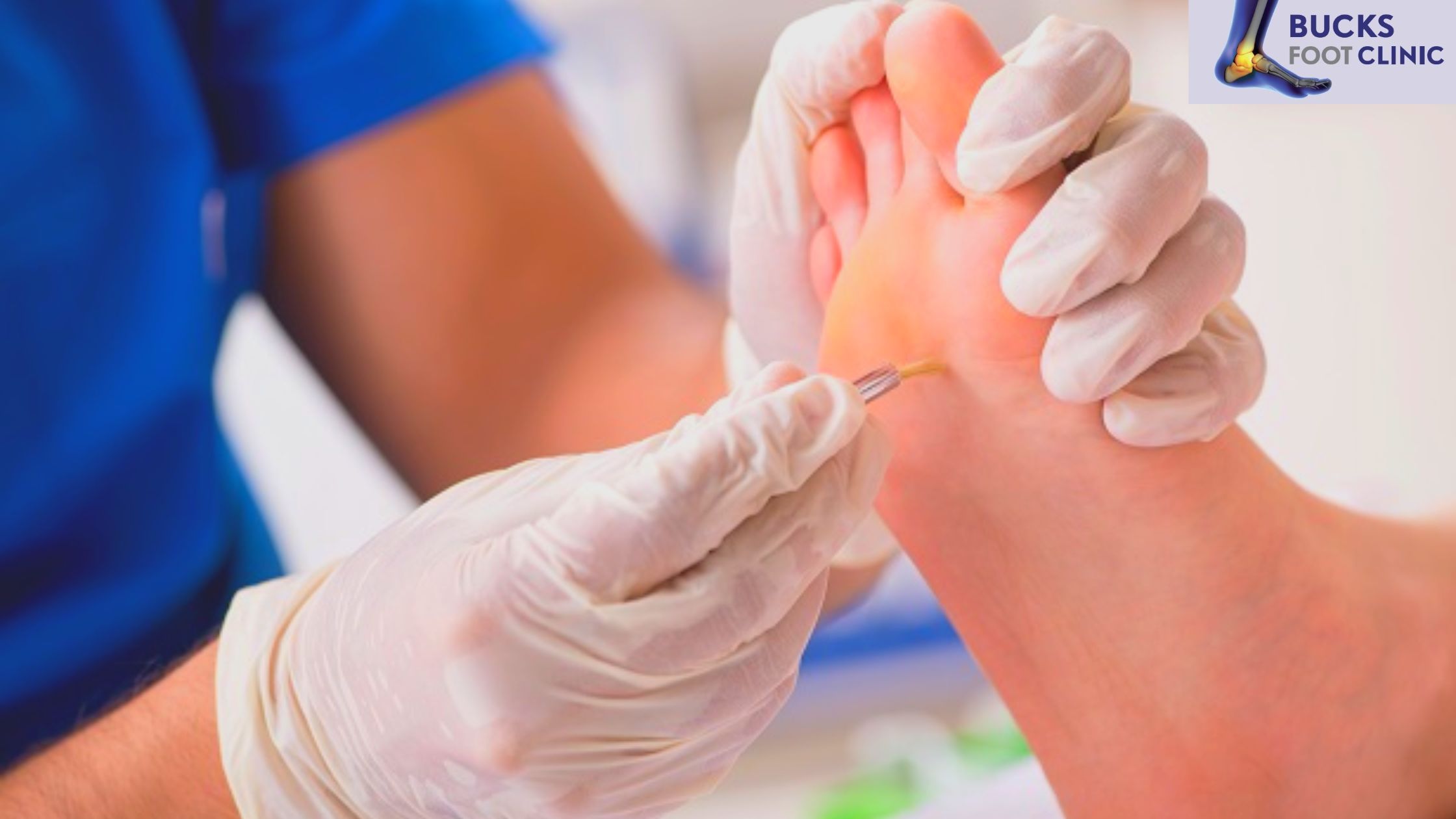
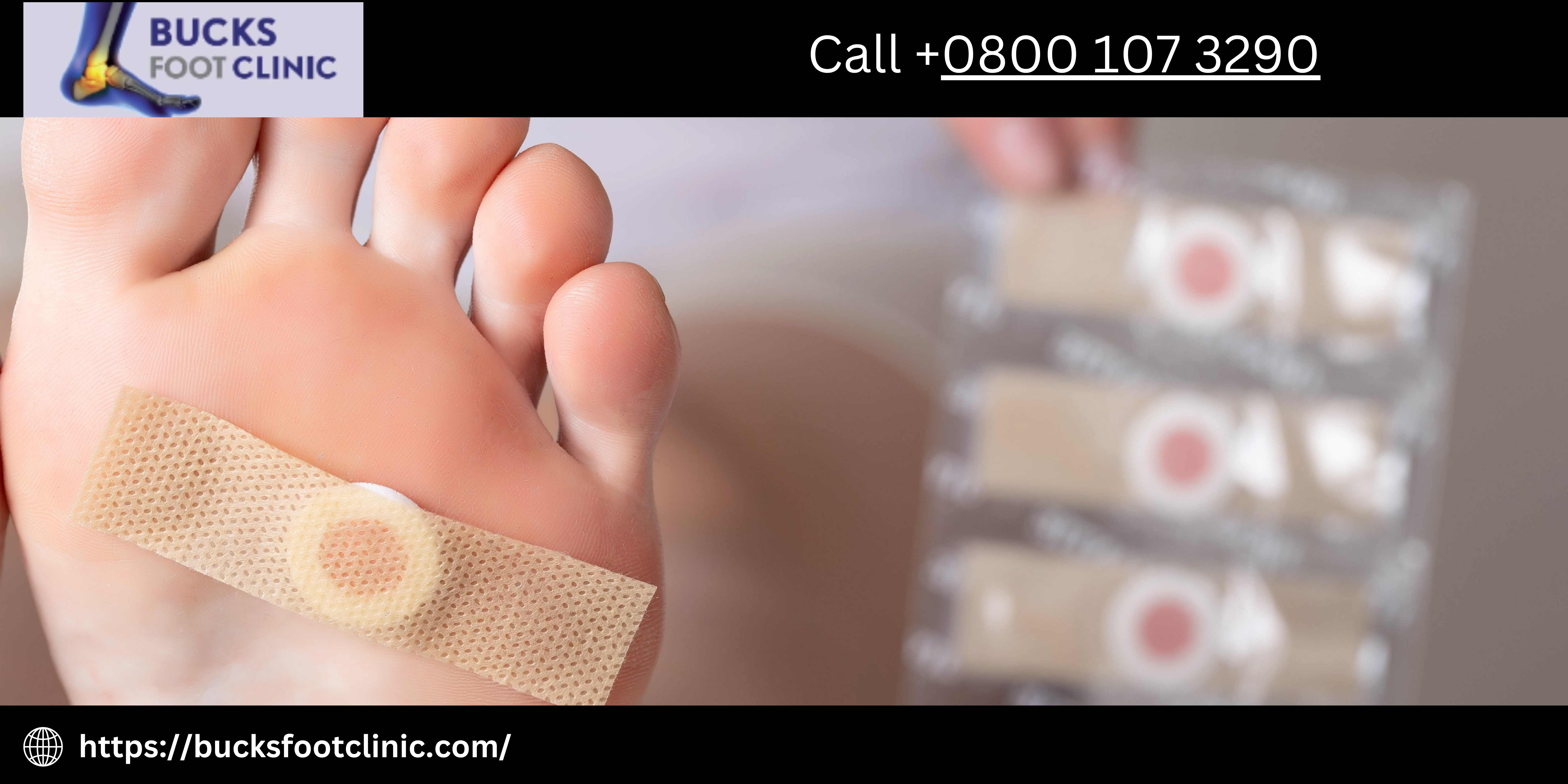
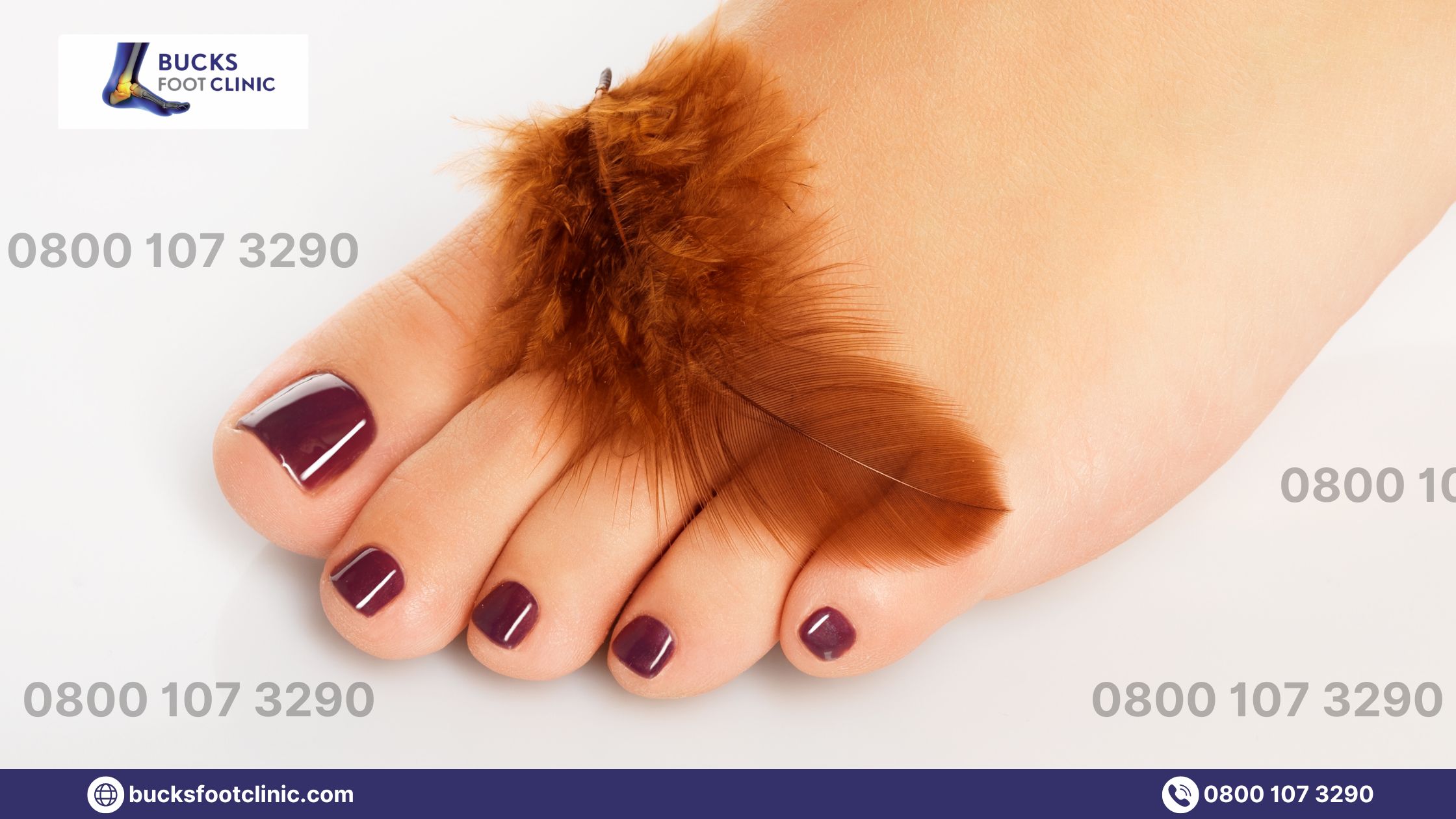
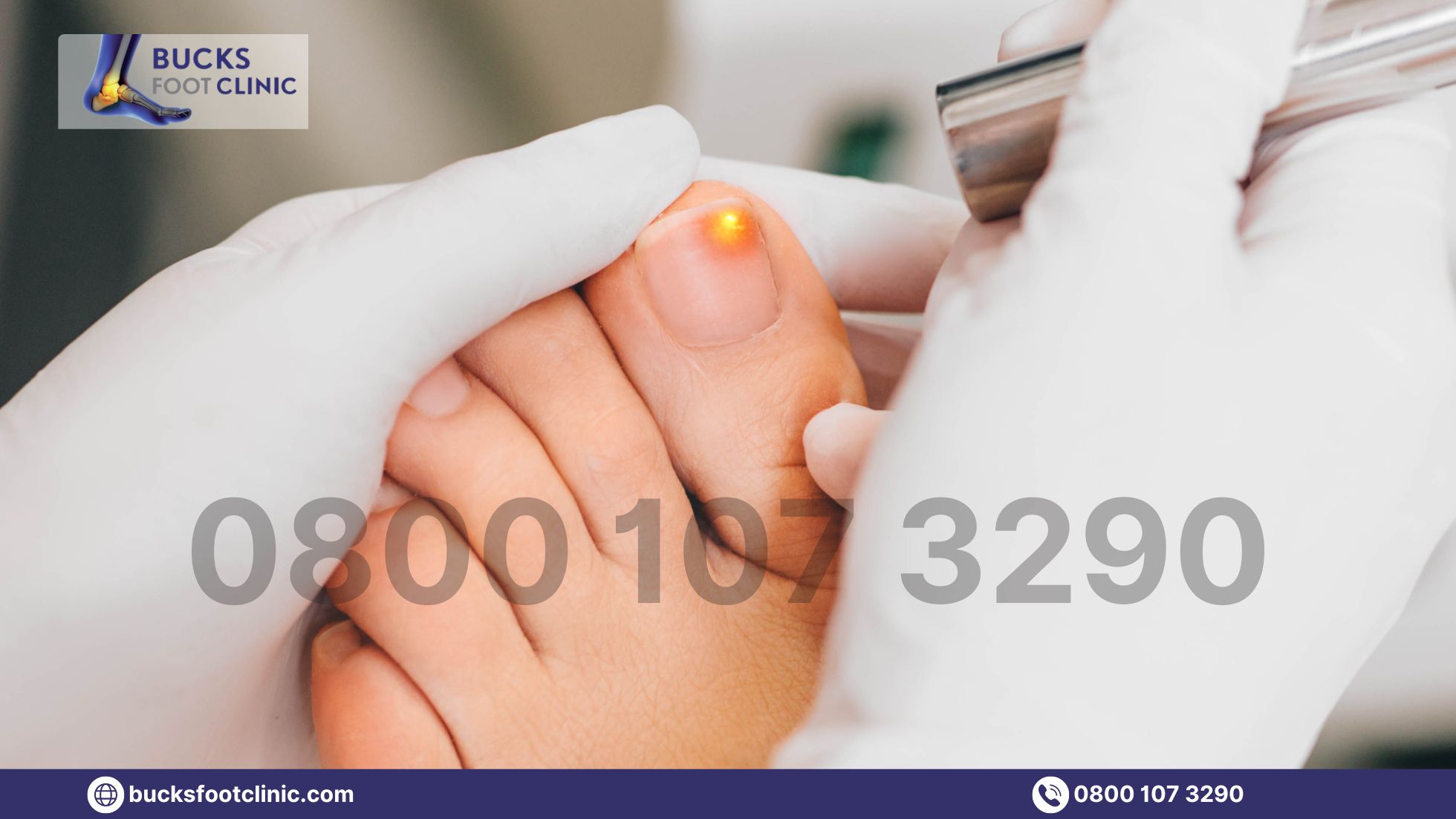
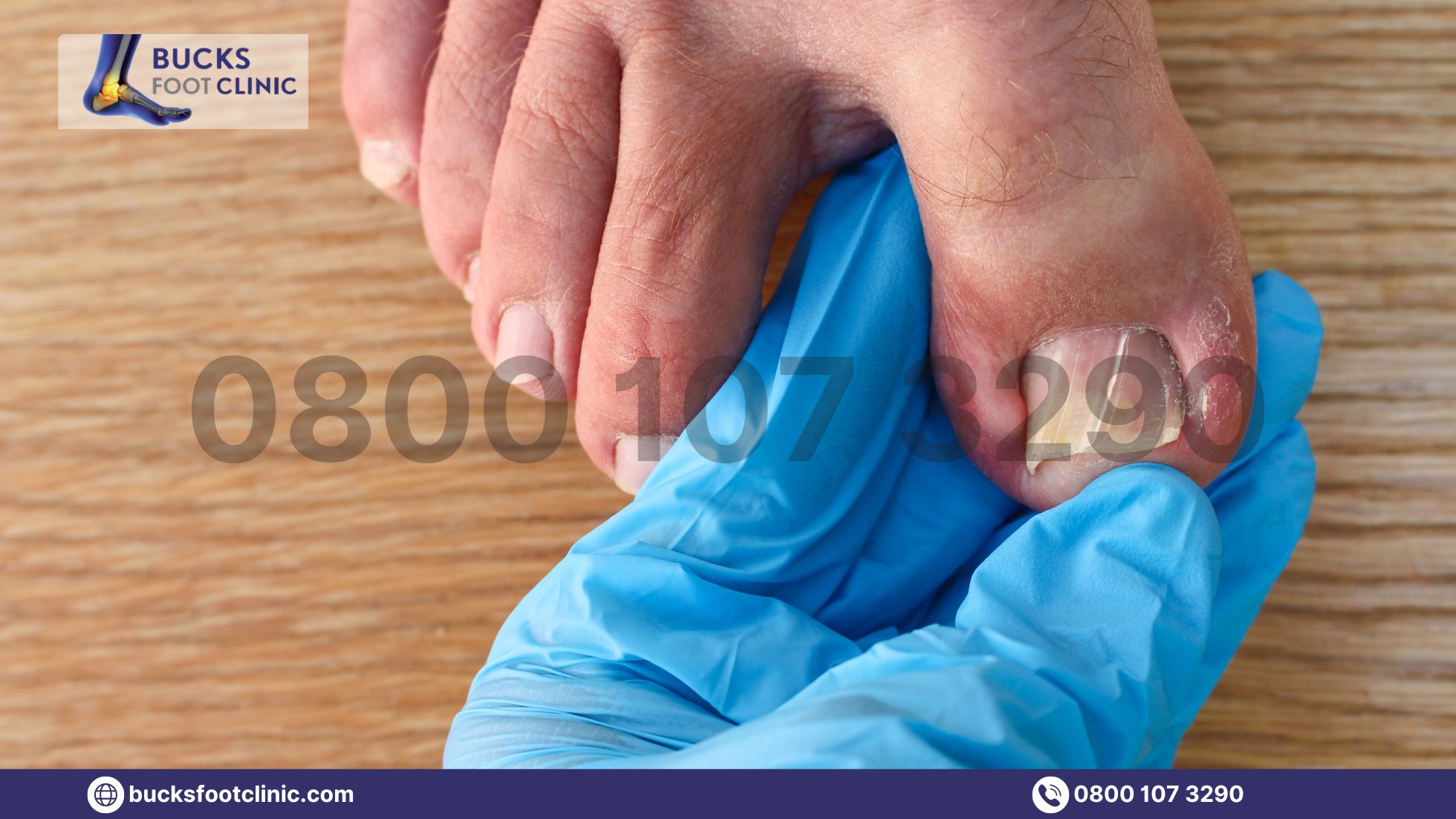
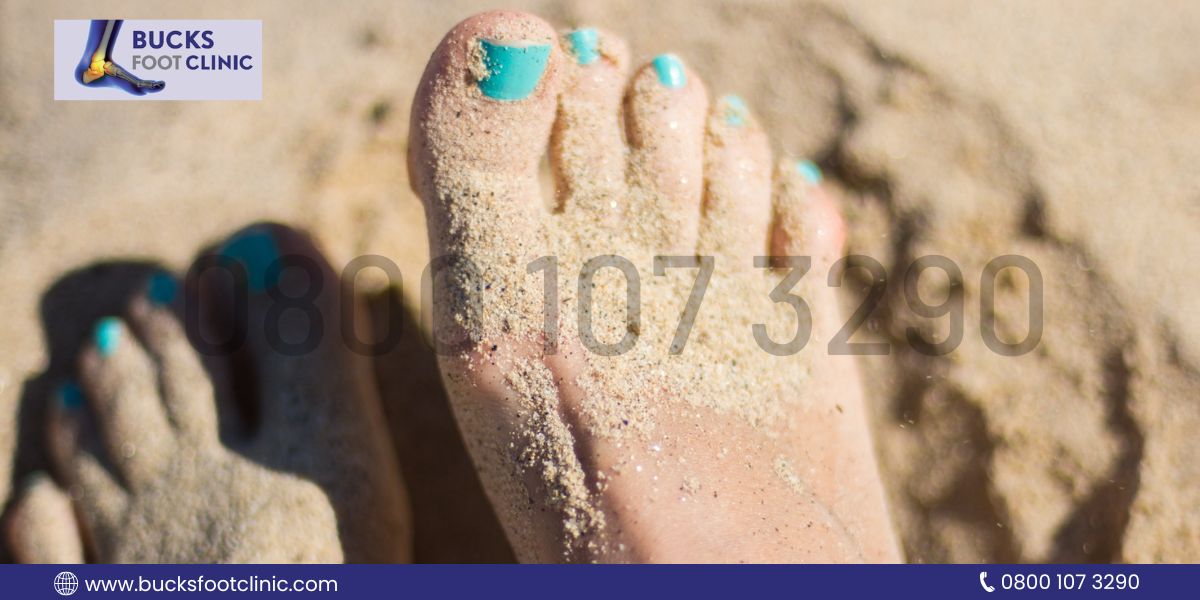

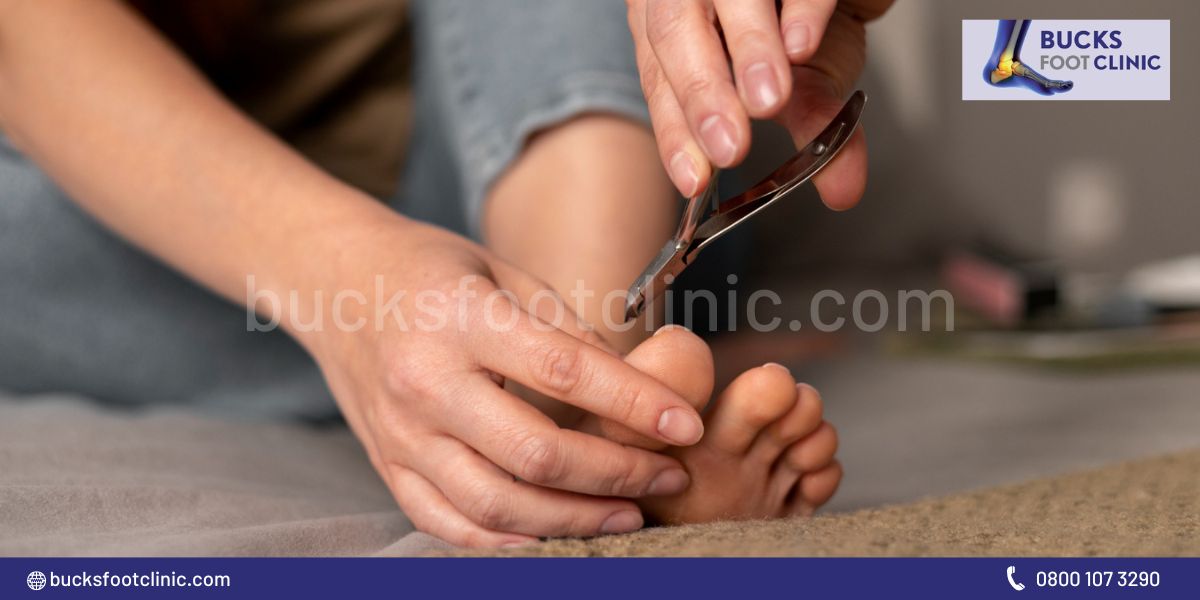
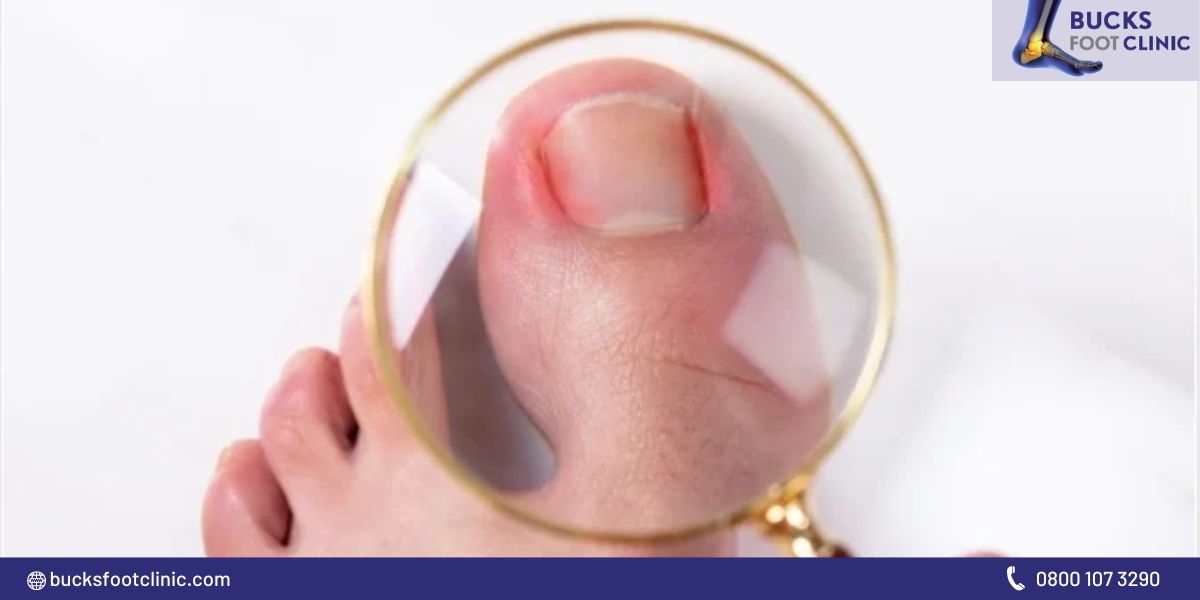
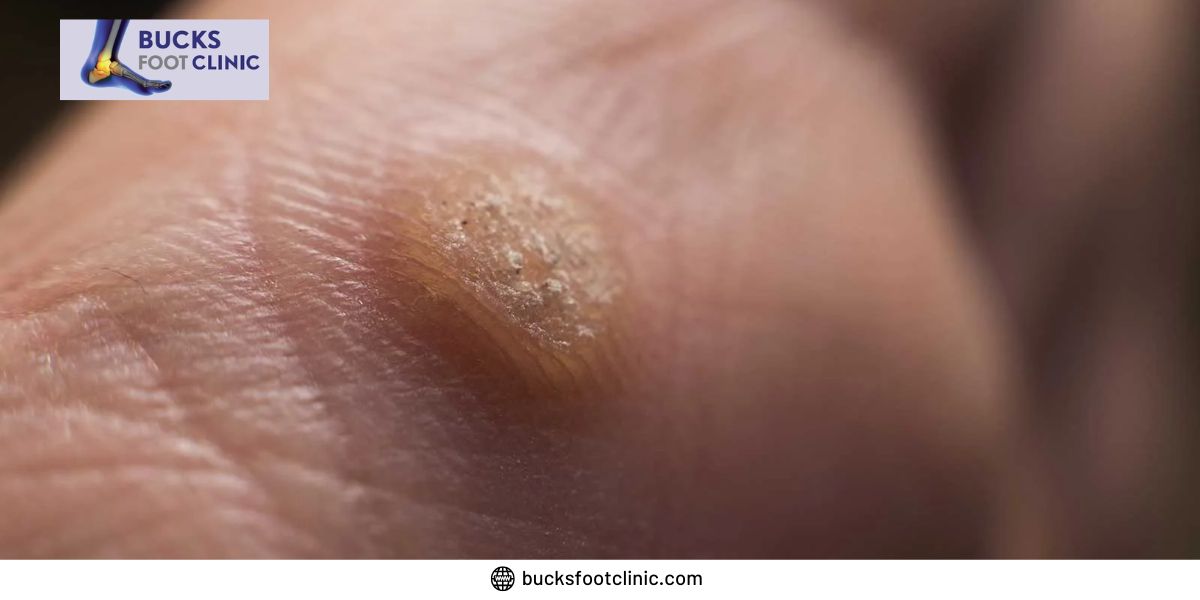
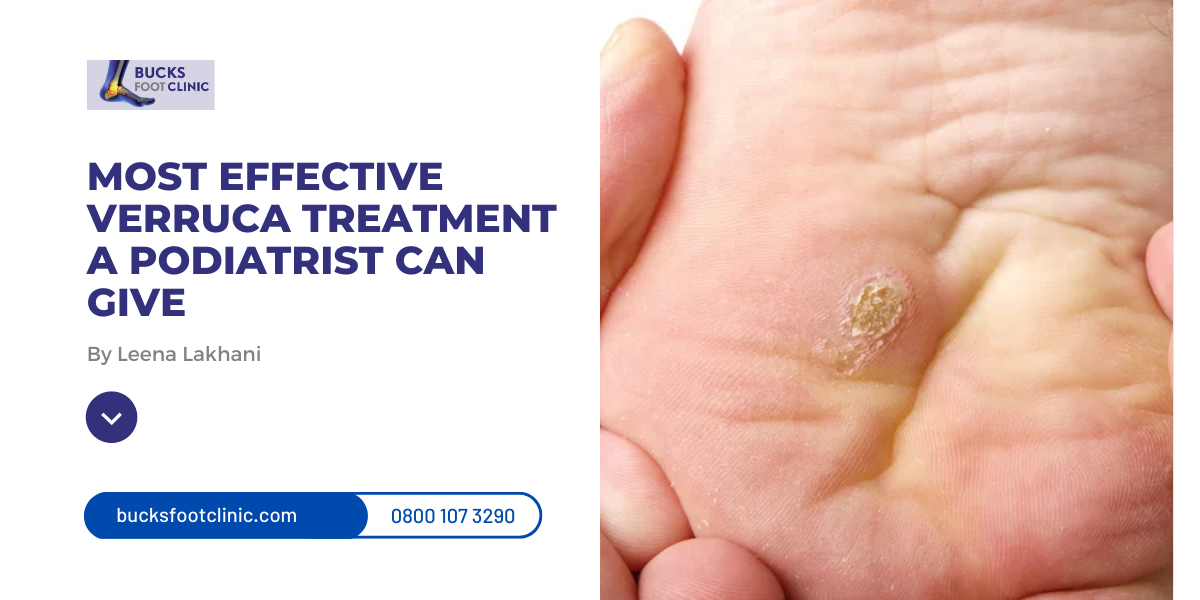

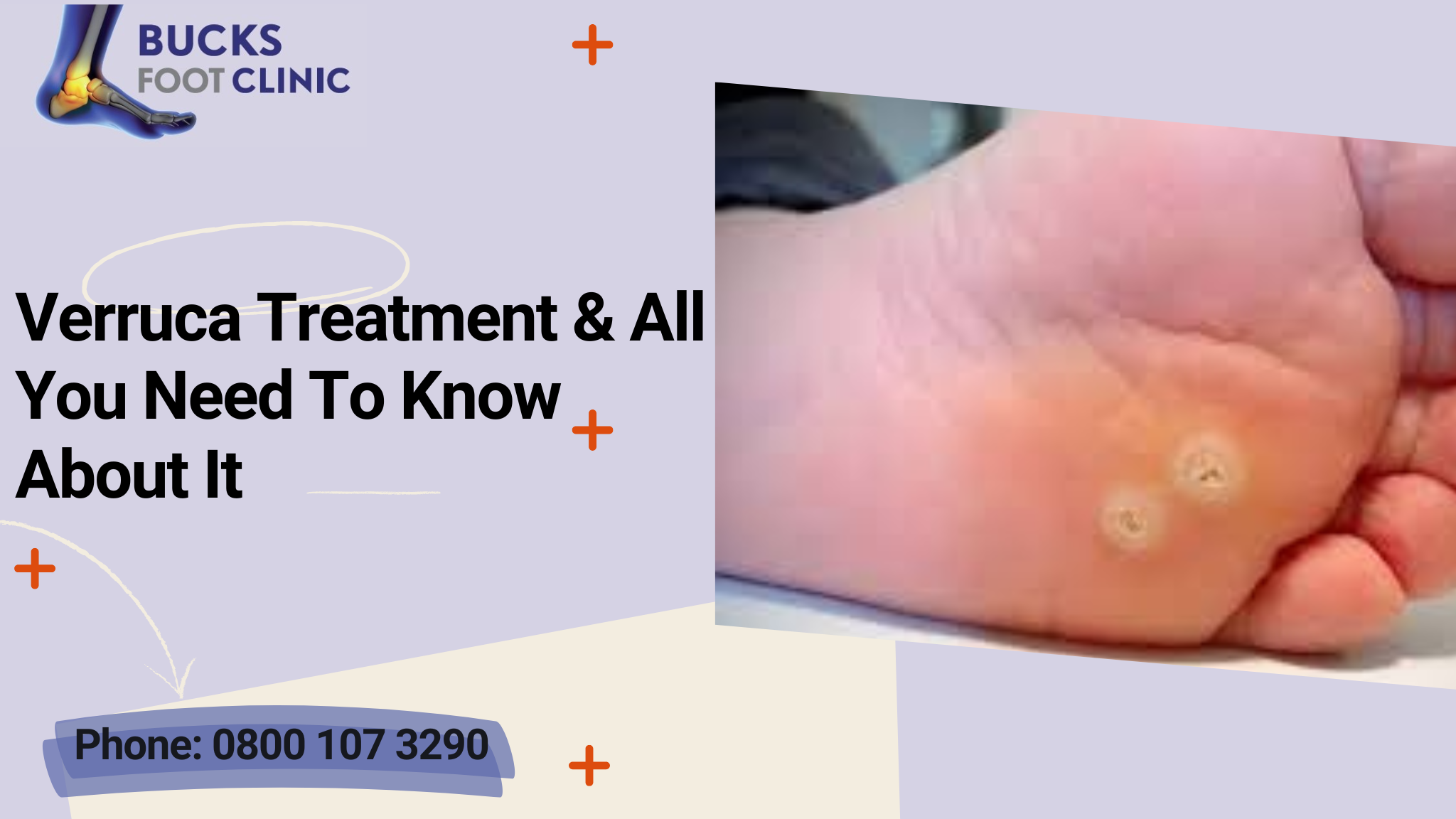
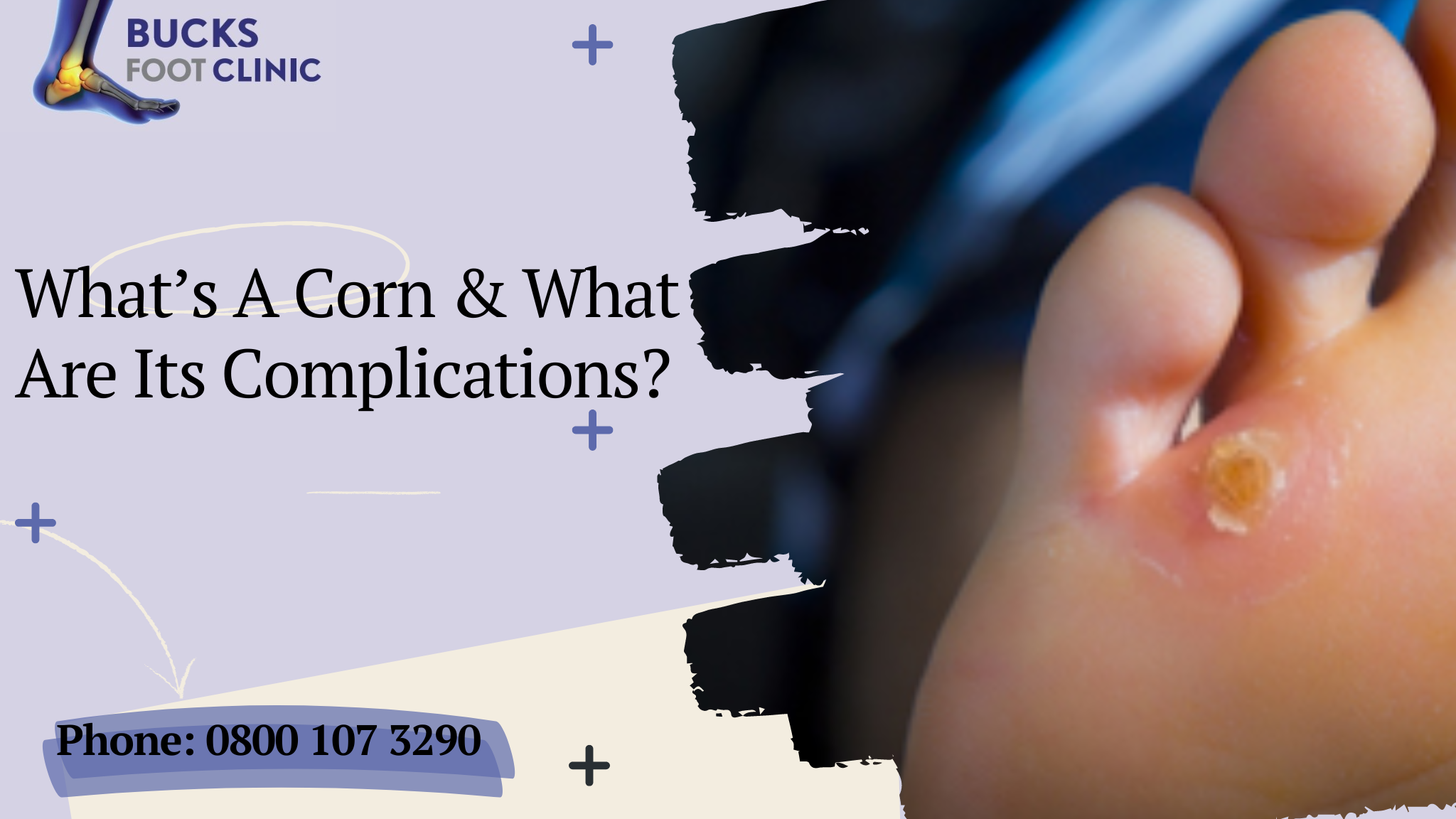
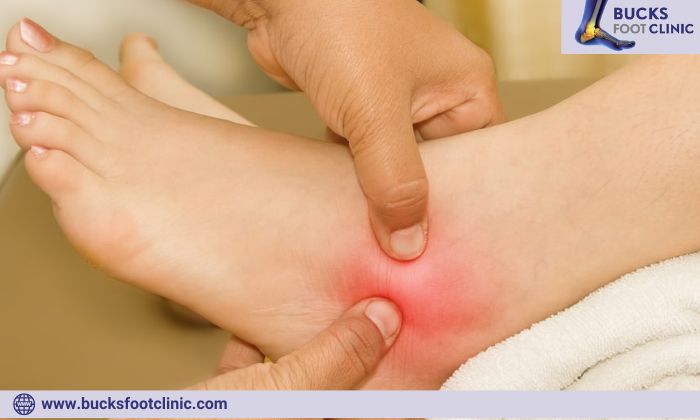
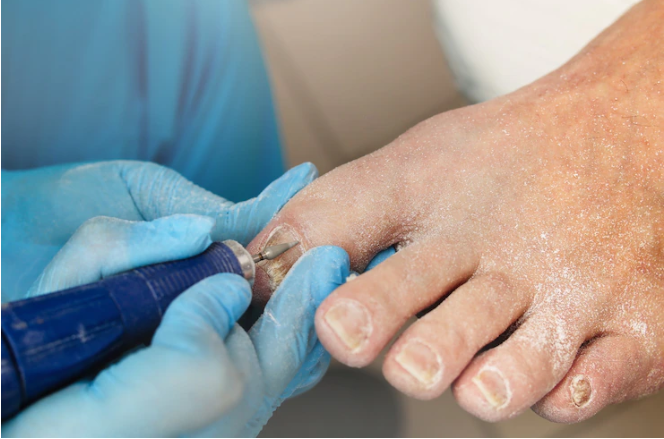
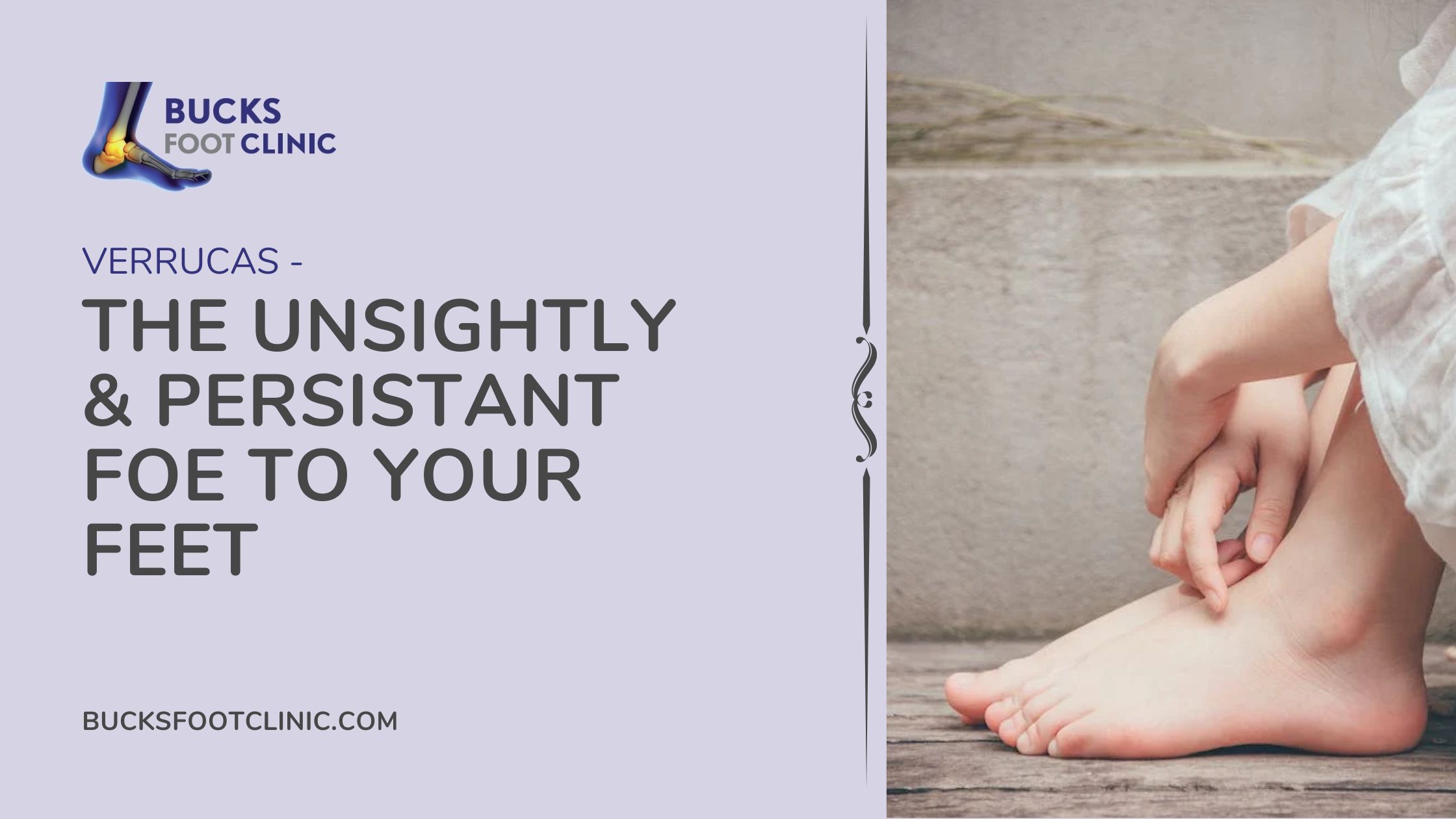
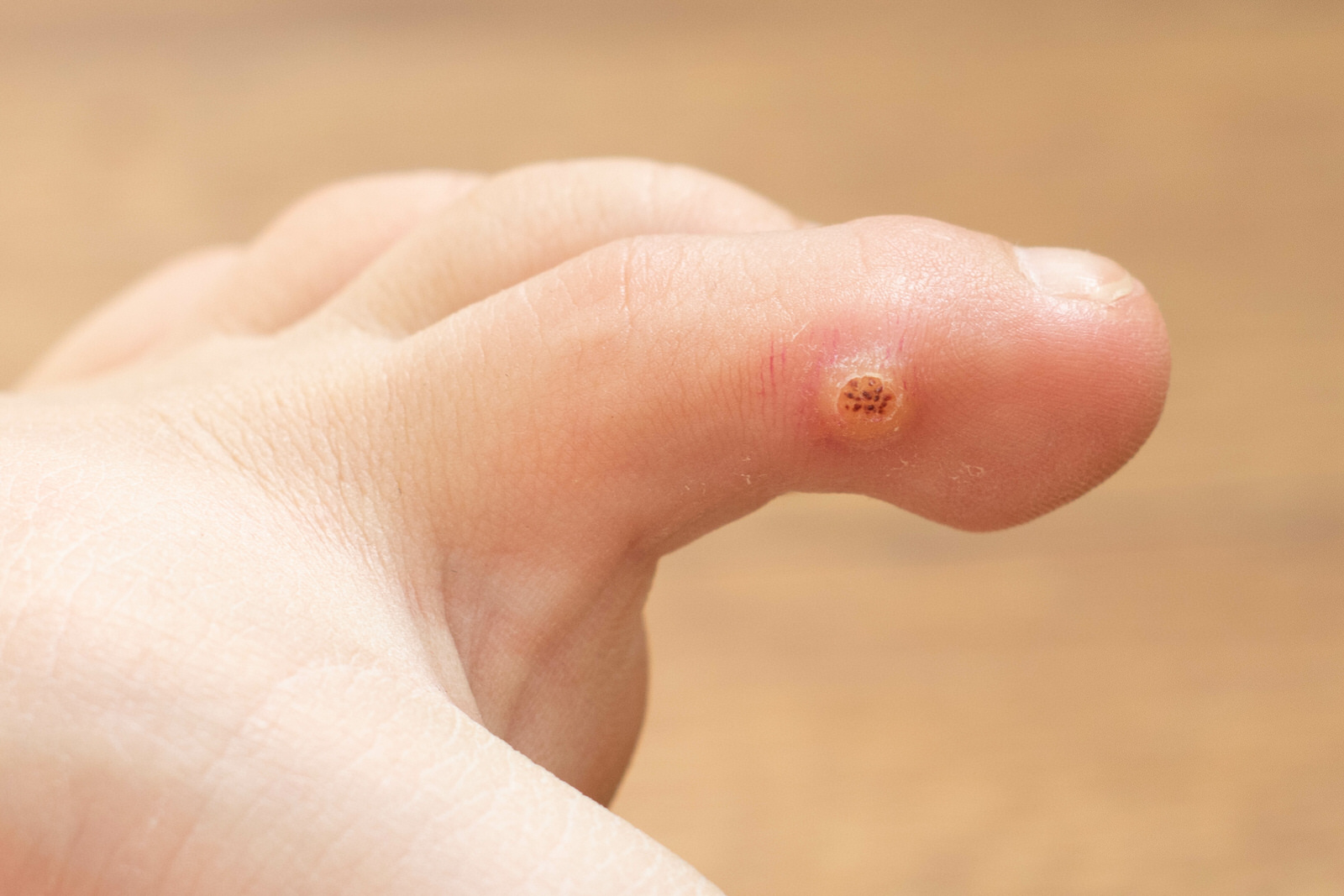




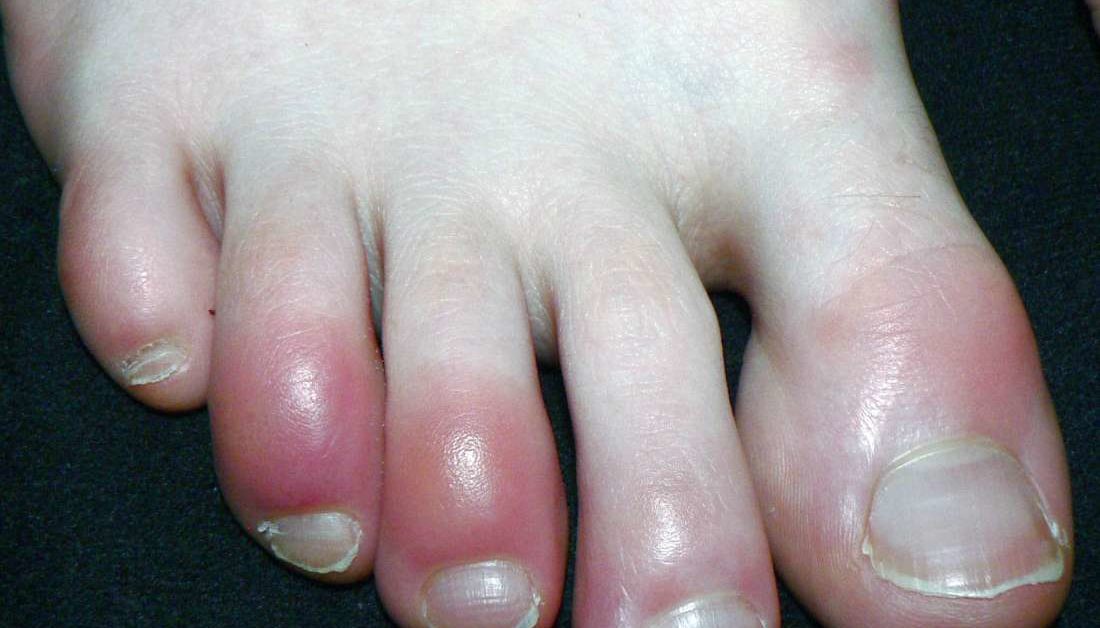
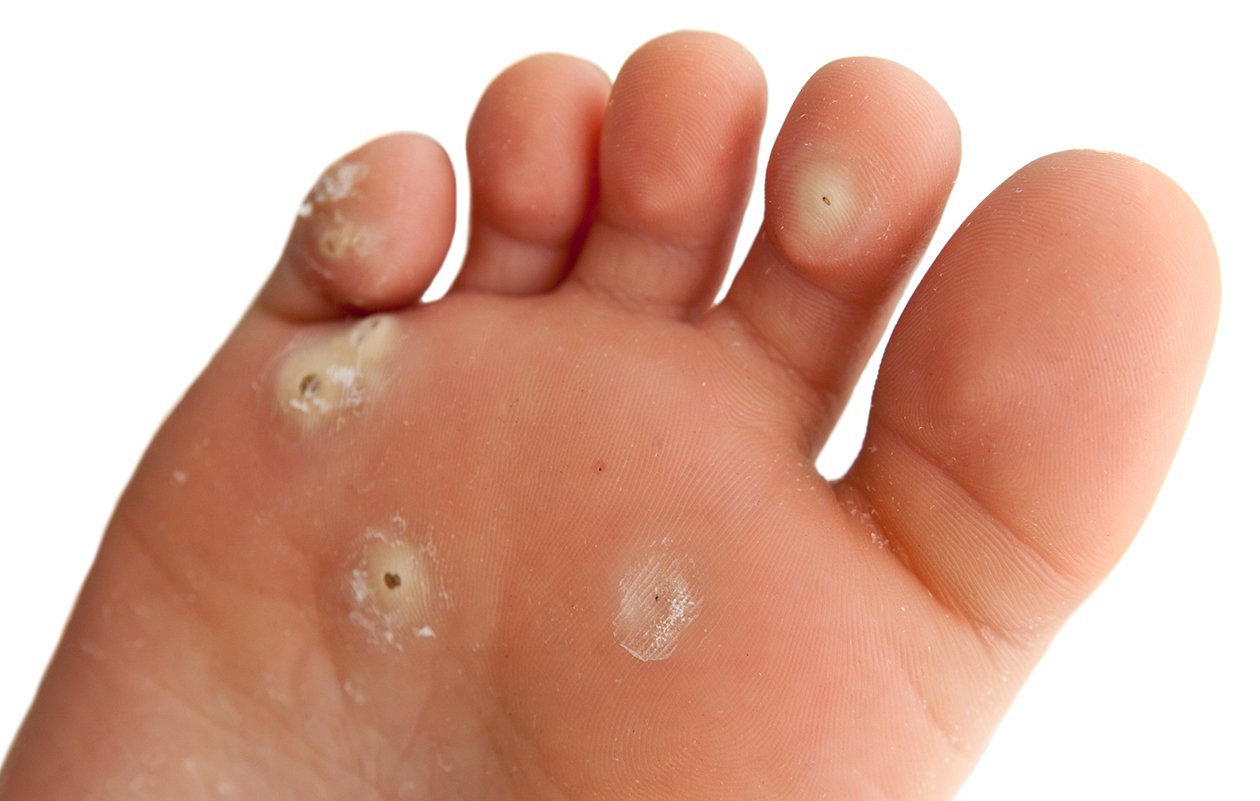
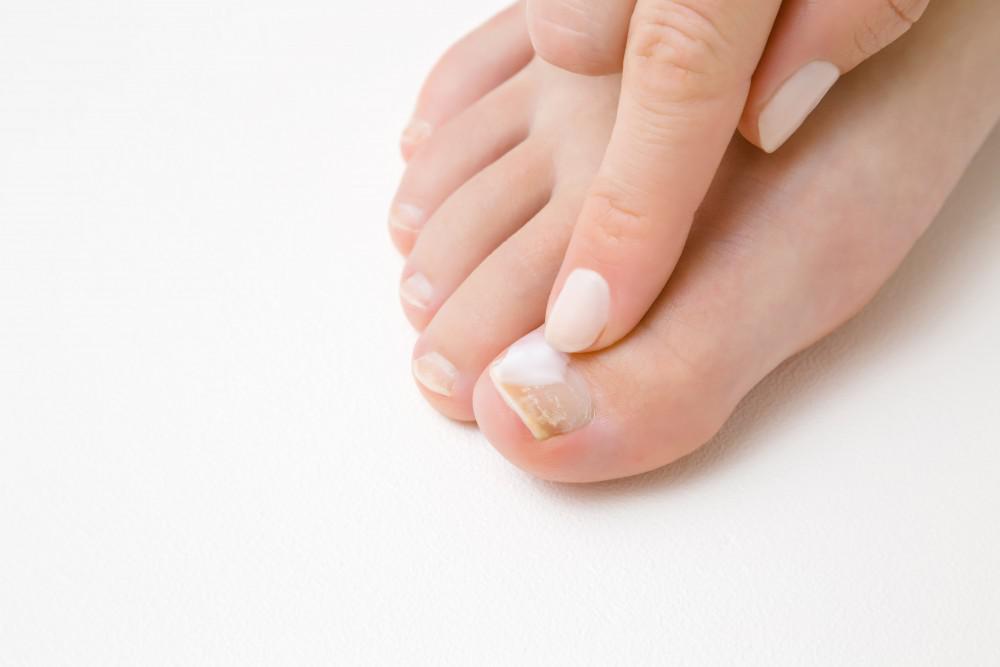
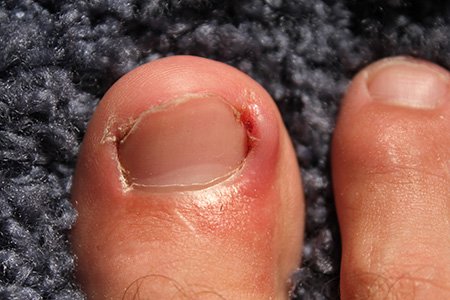
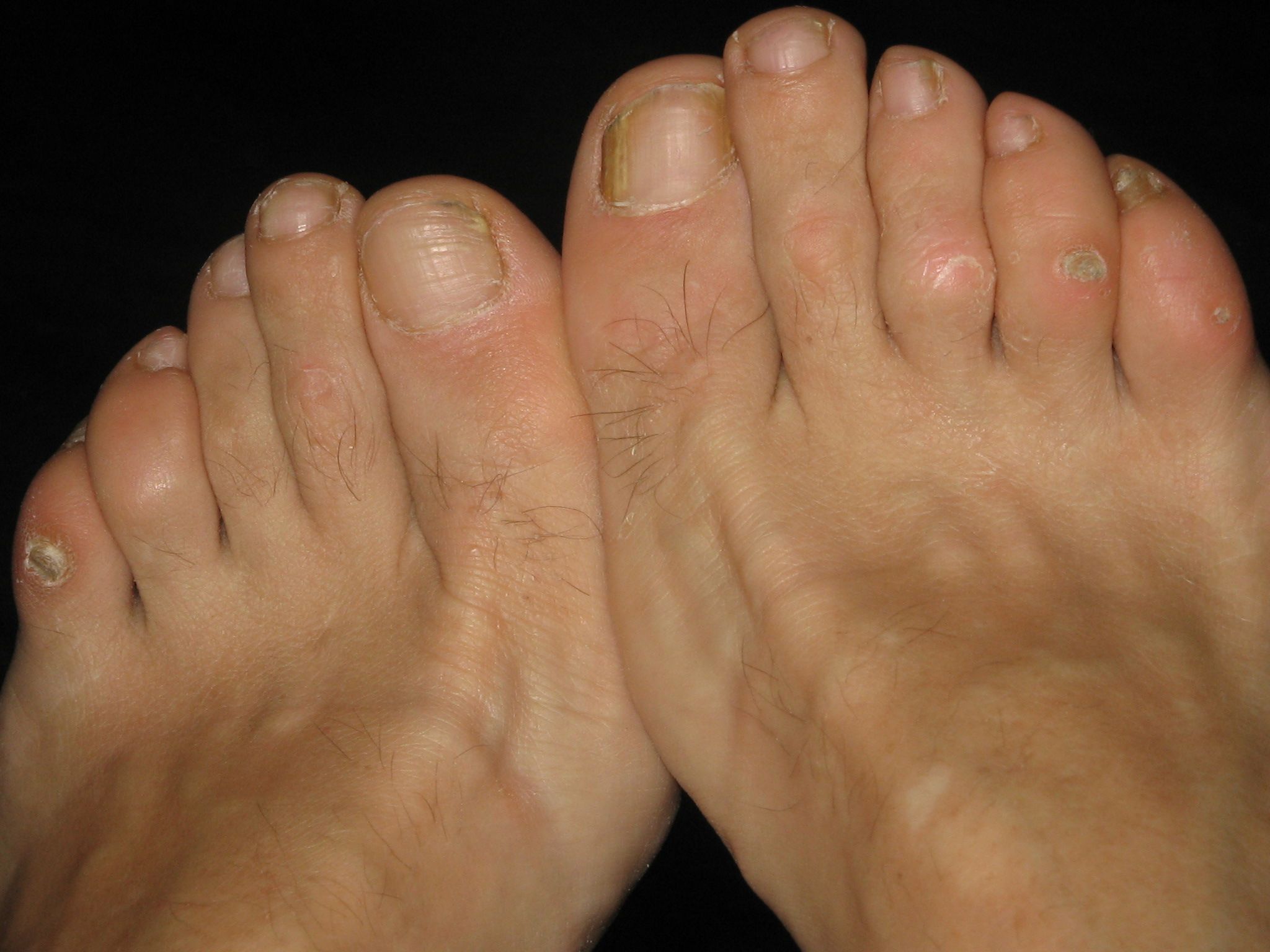

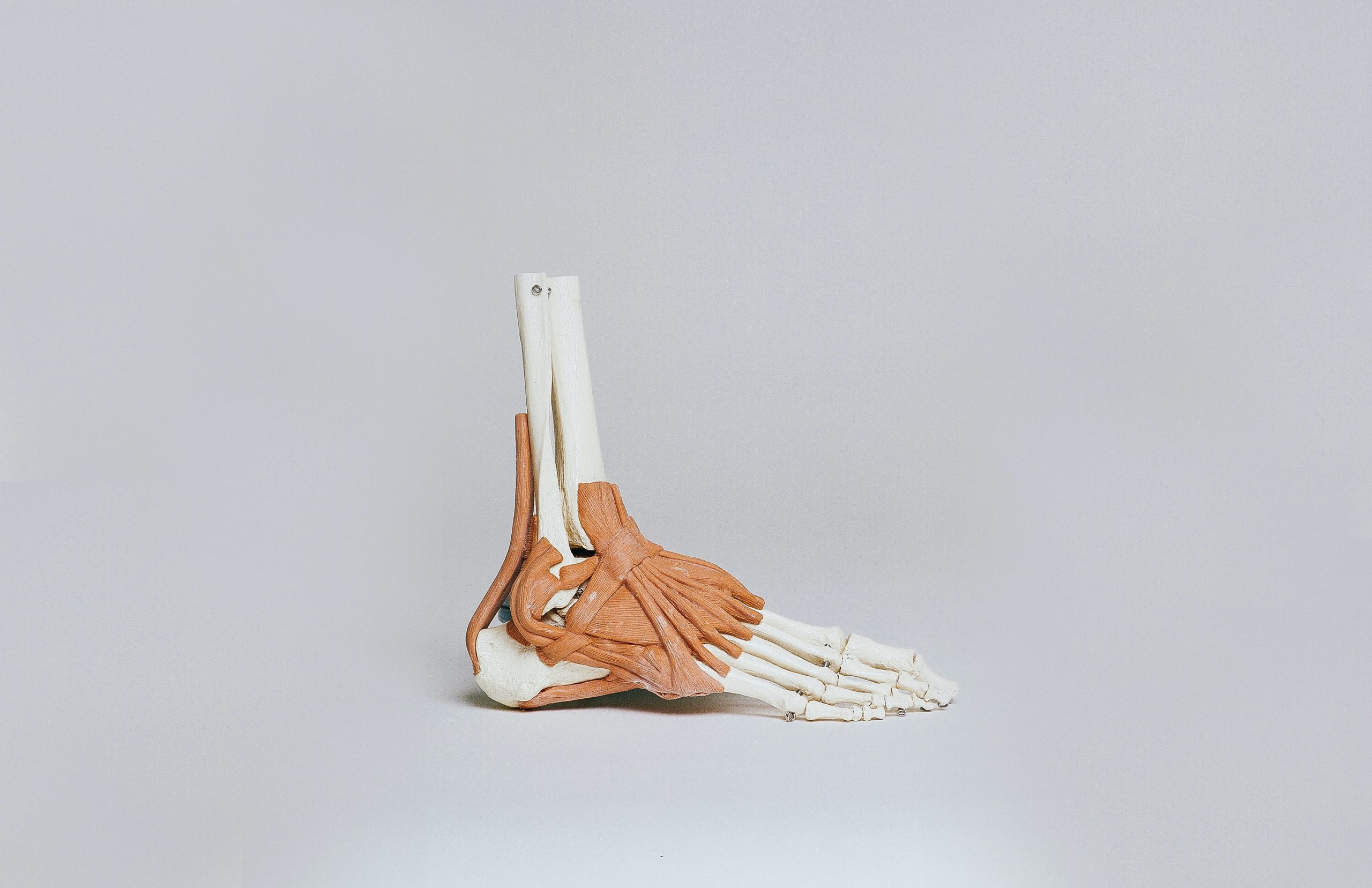
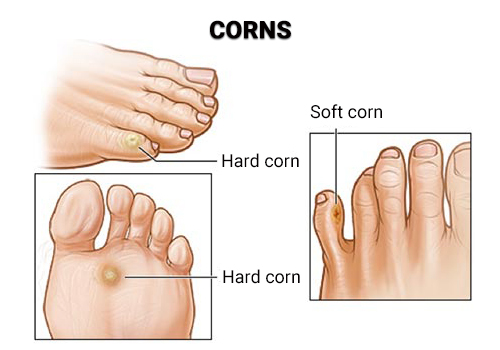
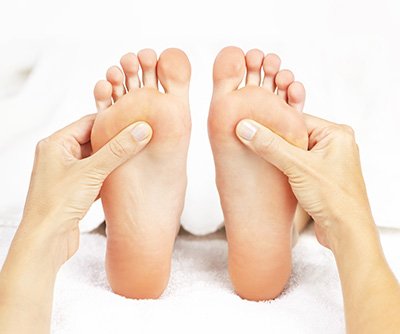
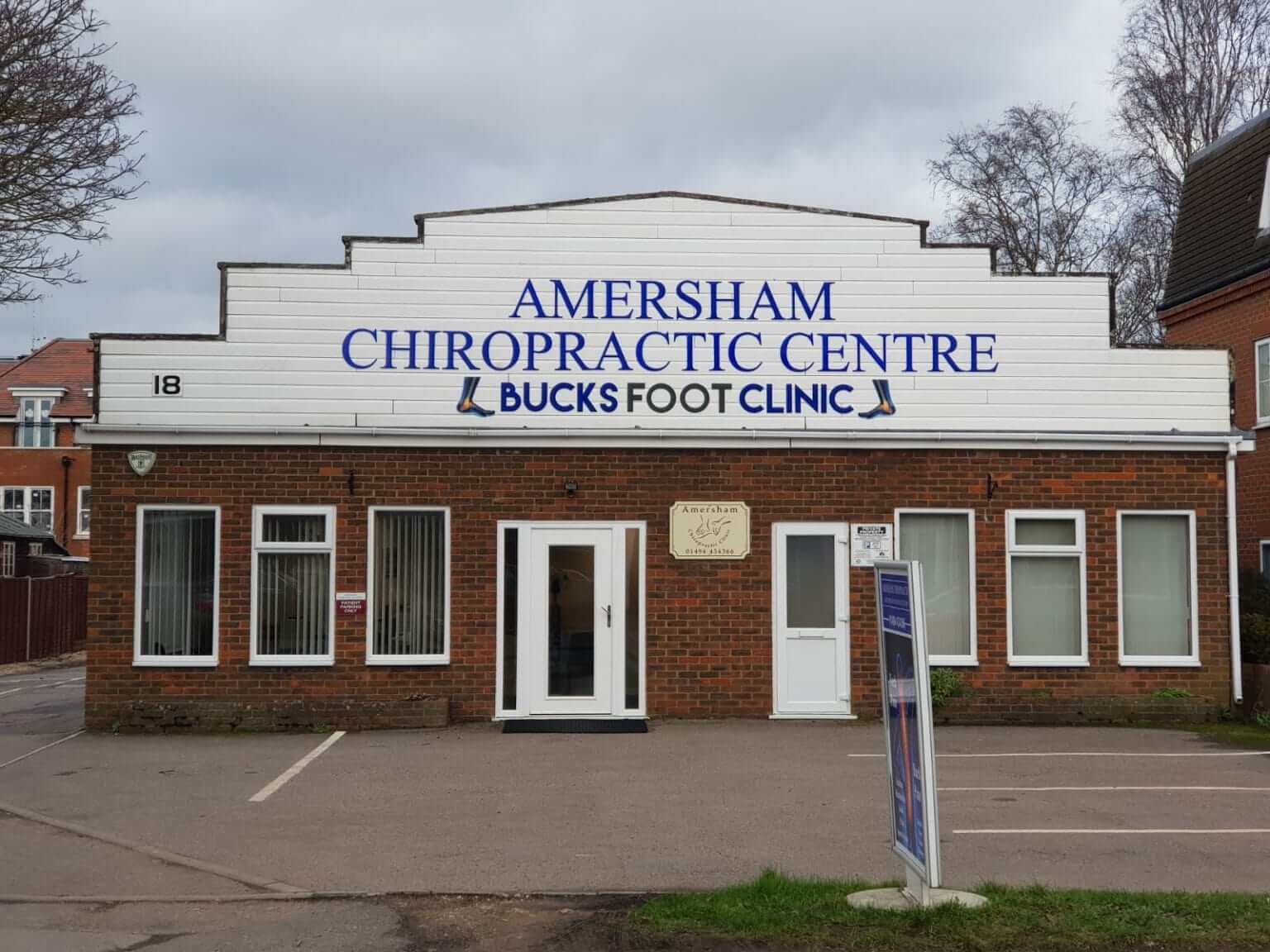
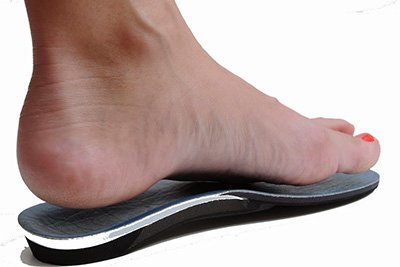



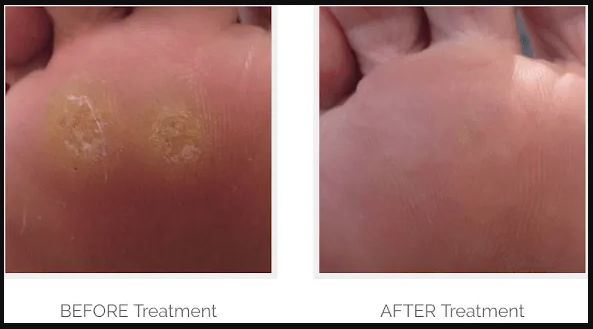
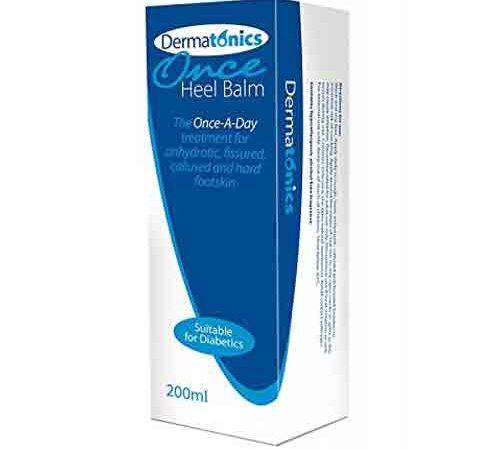
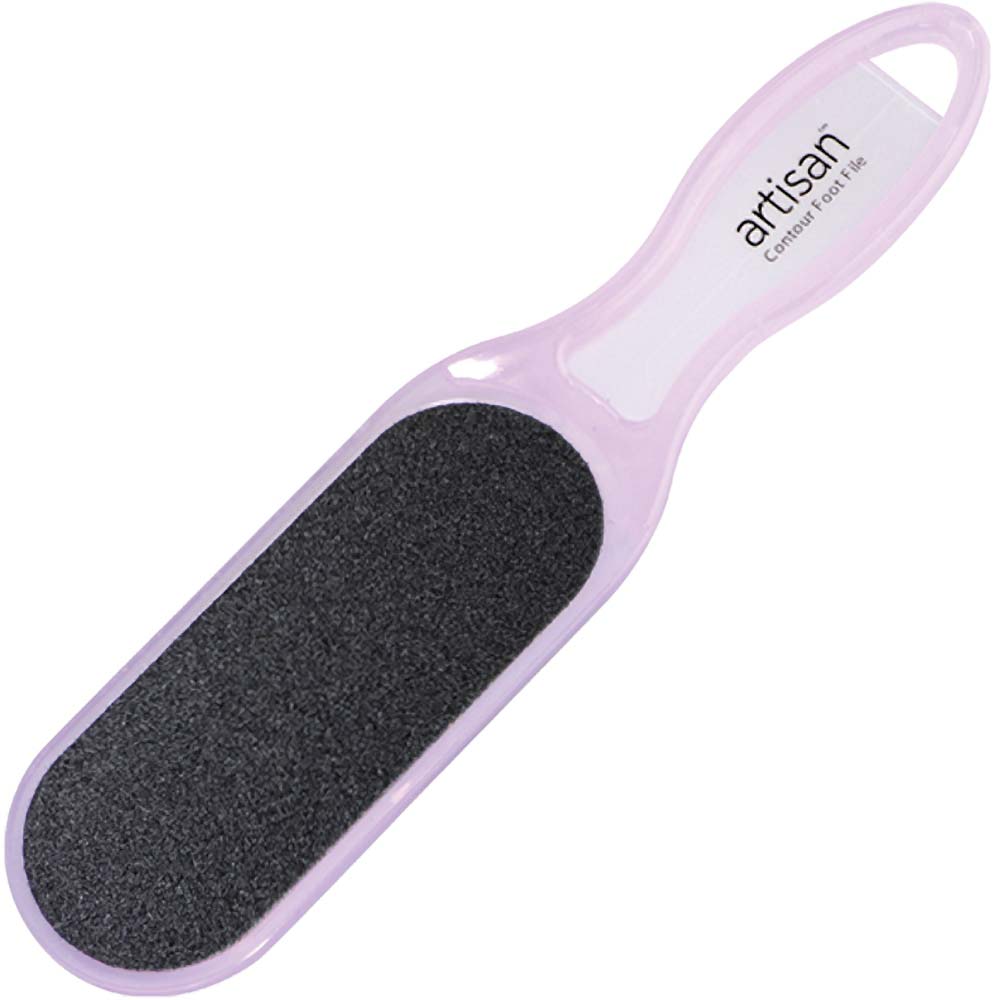
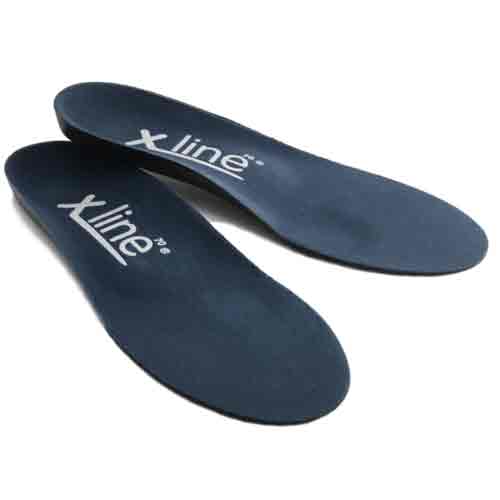

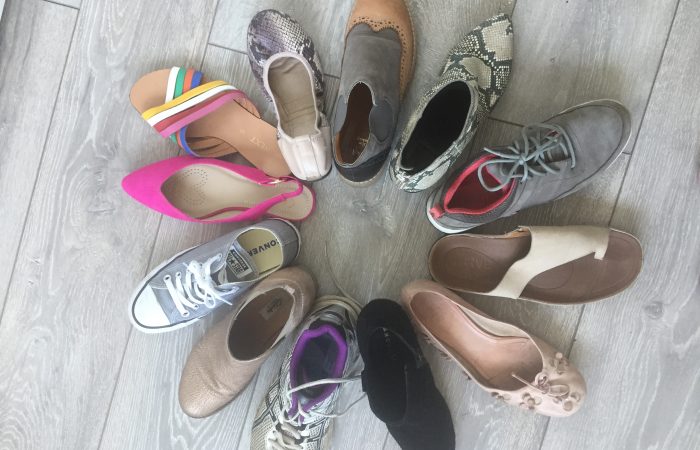
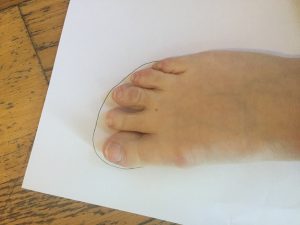
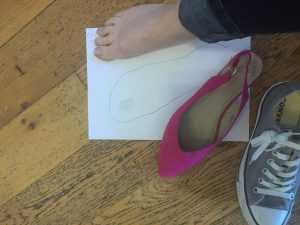

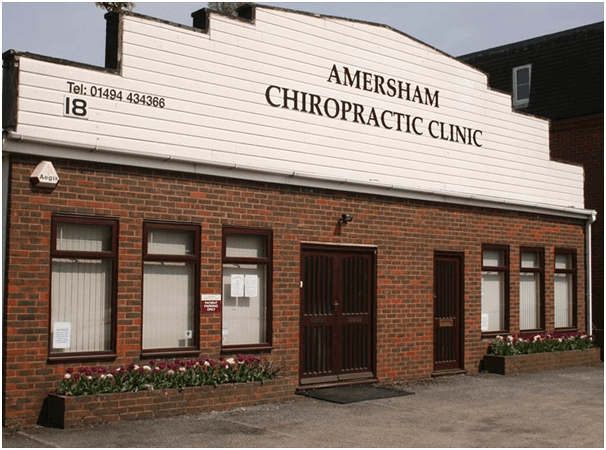

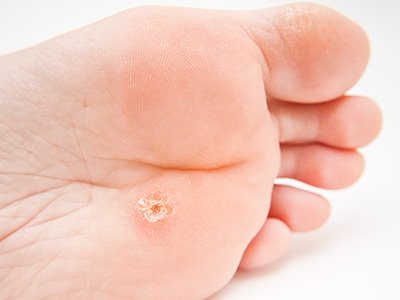
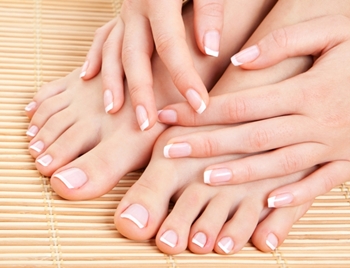




Recent Comments